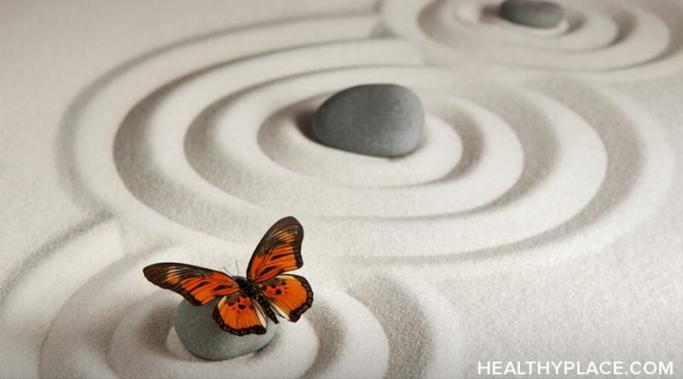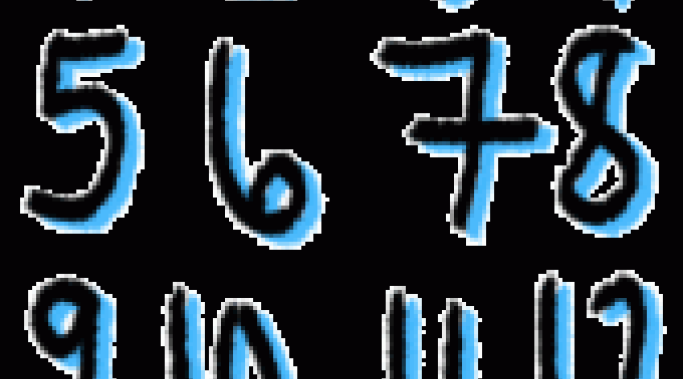Blogs
For decades, mental health professionals have reminded anyone willing to listen that infirmities of the mind are underrepresented in popular culture. They point to a paucity of pithy portrayals in film, literature, television, puppet shows, and motivational seminars. How, they ask, will maladies of irrationality ever shed their stigma, (to say nothing of the cloudy cloaks of ignorance surrounding them), until awareness, like sunlight succeeding a deluge, warms the landscape?
A handful of well-known advocacy groups; YABA (Young American Bipolar Association), DABA (Deranged American Benevolent Association), and DEW (West End Dyslexics), have lobbied tenaciously to insinuate mental health awareness into all aspects of our culture, if culture is really the right word. Recently they scored a major hit in that universally feared arbiter of societal acceptability, the SAT.
You walk into the counselor’s office to talk about your depression. Your symptoms include fatigue, poor concentration, decreased libido, moodiness, sleep disturbance, appetite change, nervousness, disorganization, relationship conflict, irritability, poor work performance, withdrawal from others. Yep, your counselor agrees, you have symptoms of depression. The next step should be to figure out WHY you have these symptoms of depression.
Immediately after having been sucessfully treated for Schizoaffective Disorder, I experienced difficulties adjusting to normalcy and calmness in my life. Though no longer actively psychotic, the world around me felt as if it had changed because I had now experienced the dark side of both myself and the world around me.
How can coping tools help relieve panic attacks? Especially since most panic attacks feel like they come out of the blue, even though there is usually a trigger. The trigger is that you are scared of panic attacks. And why wouldn't you be? They are one of the most uncomfortable experiences on this planet. Having a list of tools can help reduce the number of panic attacks you experience and help you feel less afraid of the panic coming.
The terms self-esteem and self-confidence are often used interchangeably when referring to how you feel about yourself. Although they are very similar, they are two different concepts. It is important to understand their roles when looking to improve your overall sense of self.
Spirituality can be a wonderful healing tool for people with borderline personality disorder (BPD). However, it can also be a source of pain. When religion becomes abusive, it does more harm than good.
Ever since I attempted suicide at the age of 15 and was urged to keep it under wraps, I have witnessed firsthand the over-bearing arm of mental health stigma. When I was ultimately hospitalized for drug-induced psychosis for four months at the age of 19, stigma took control of my entire life.
Addiction is cunning, baffling and powerful. Its sole mission is to make our lives a living hell. It brings along with it a number of its companions: denial, rationalization, and blame, to name but a few. Living with addiction is like living in a prison – one in which one feels there is no escape.
Do you believe there is hope for recovery from your eating disorder? Or do you believe the best you can hope for is management of your eating disorder symptoms?
I believe there is hope. I believe that one day, I will be free.
Confidence and mental illness? Confidence and mental illness...confidence and, you got it, mental illness. I'm trying the phrase on. It feels a little weird.









